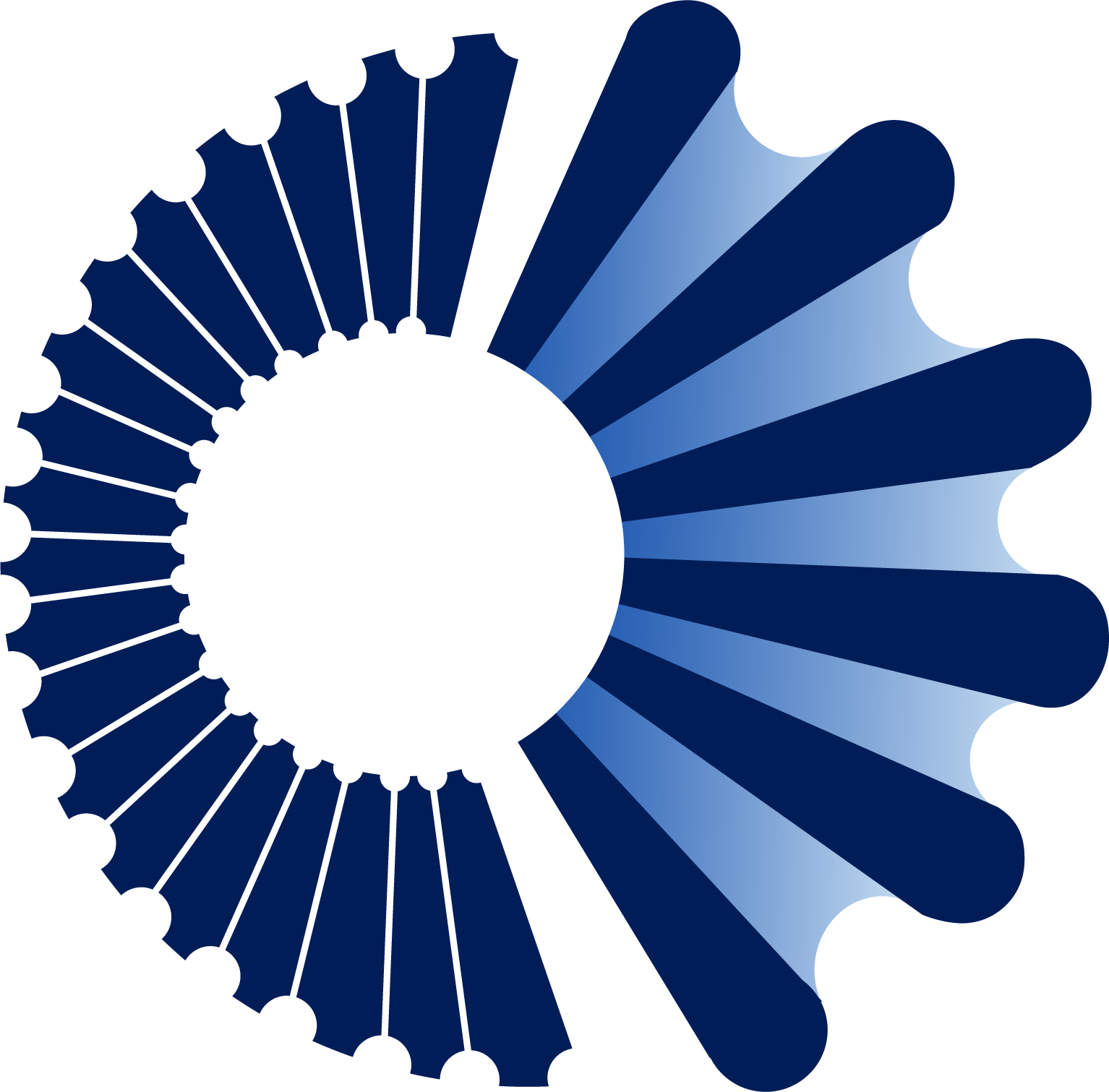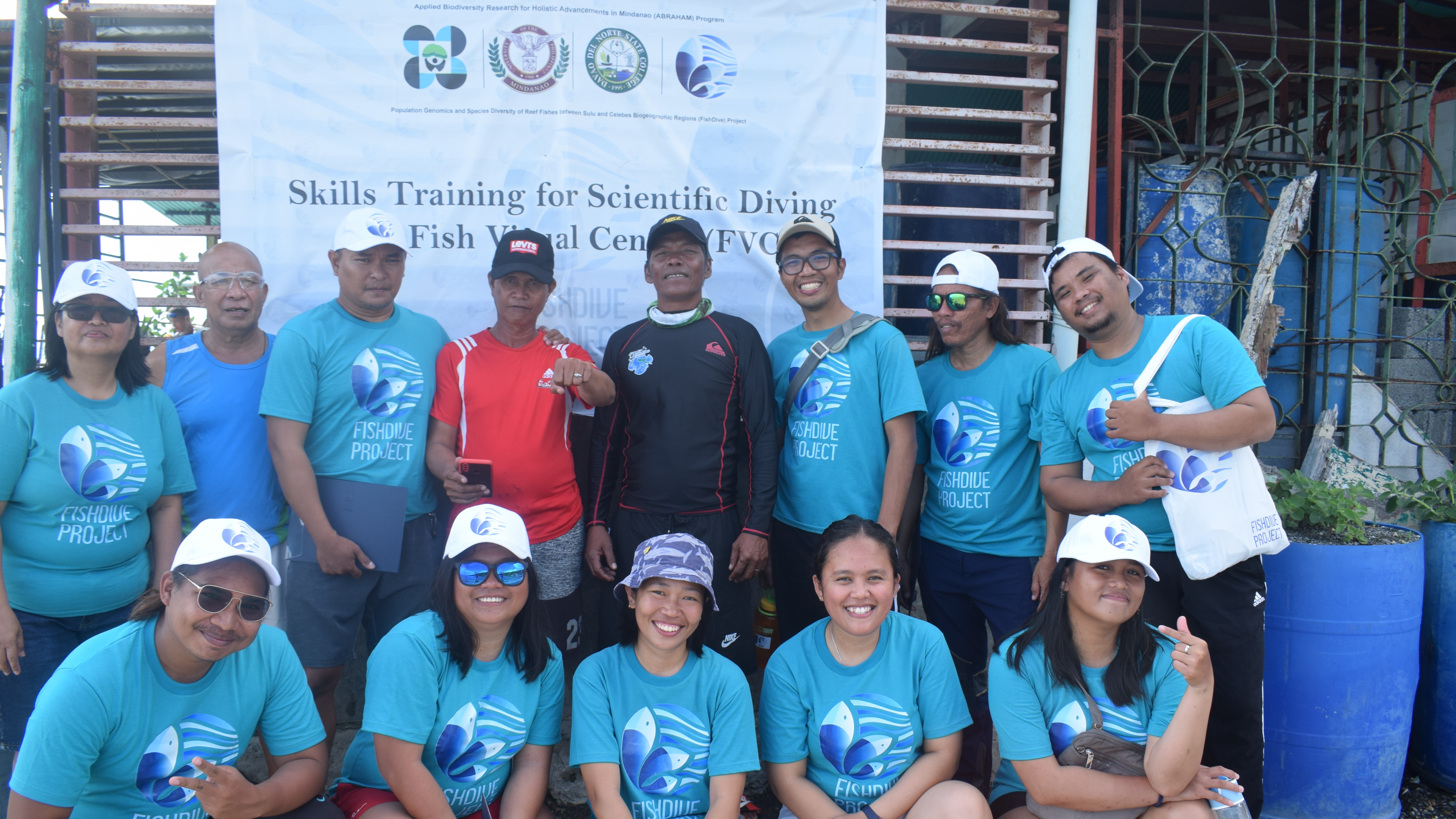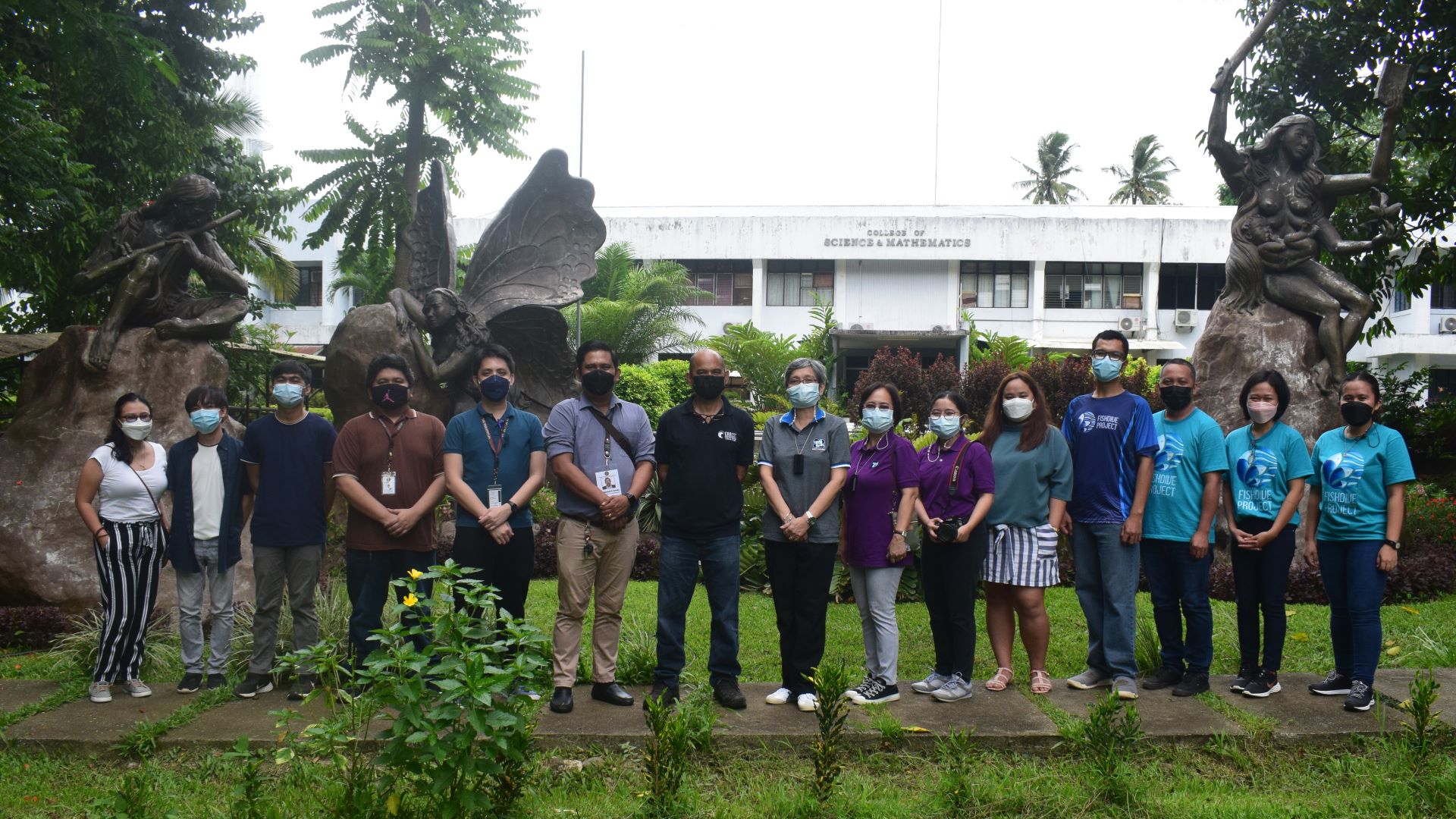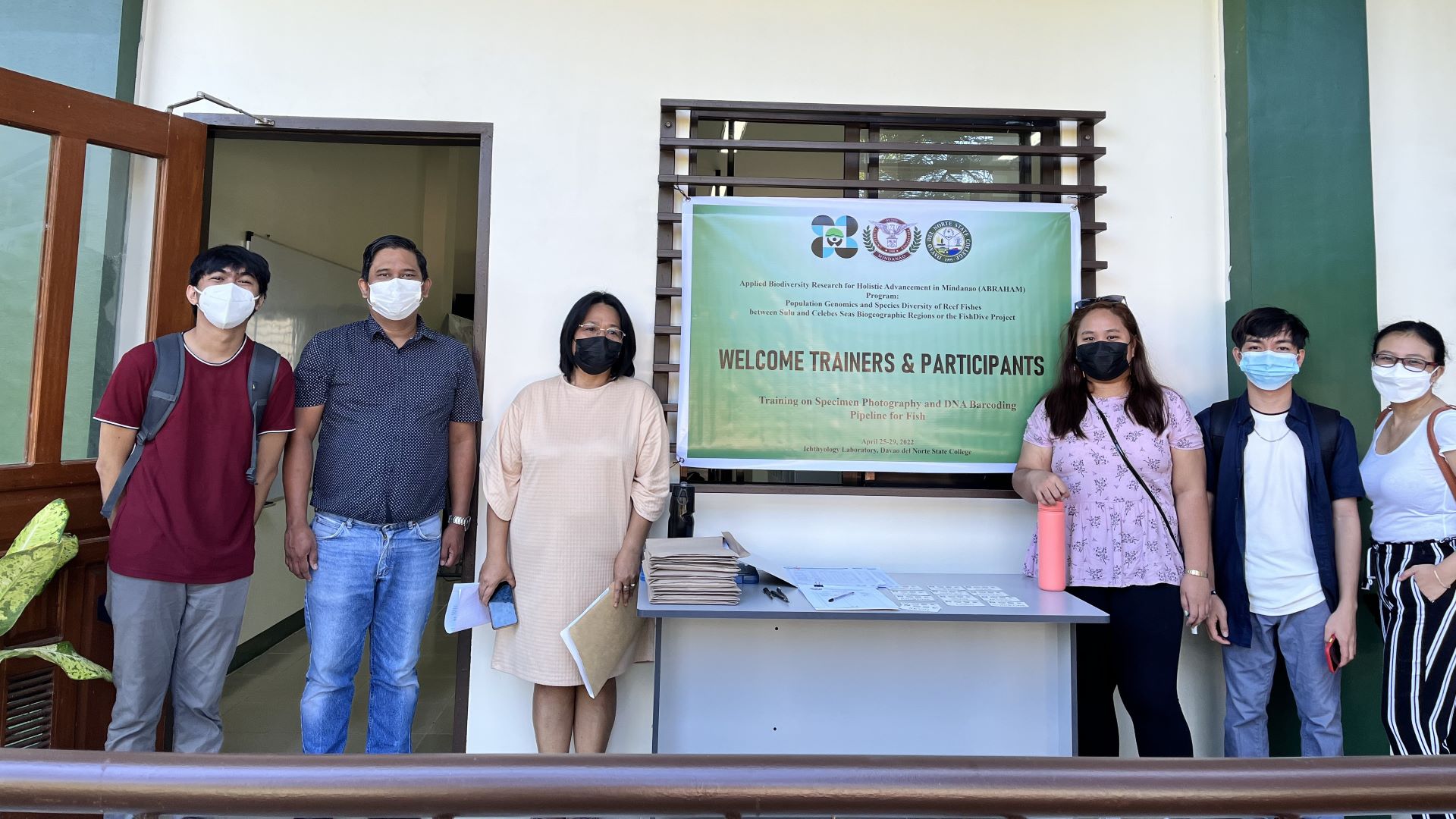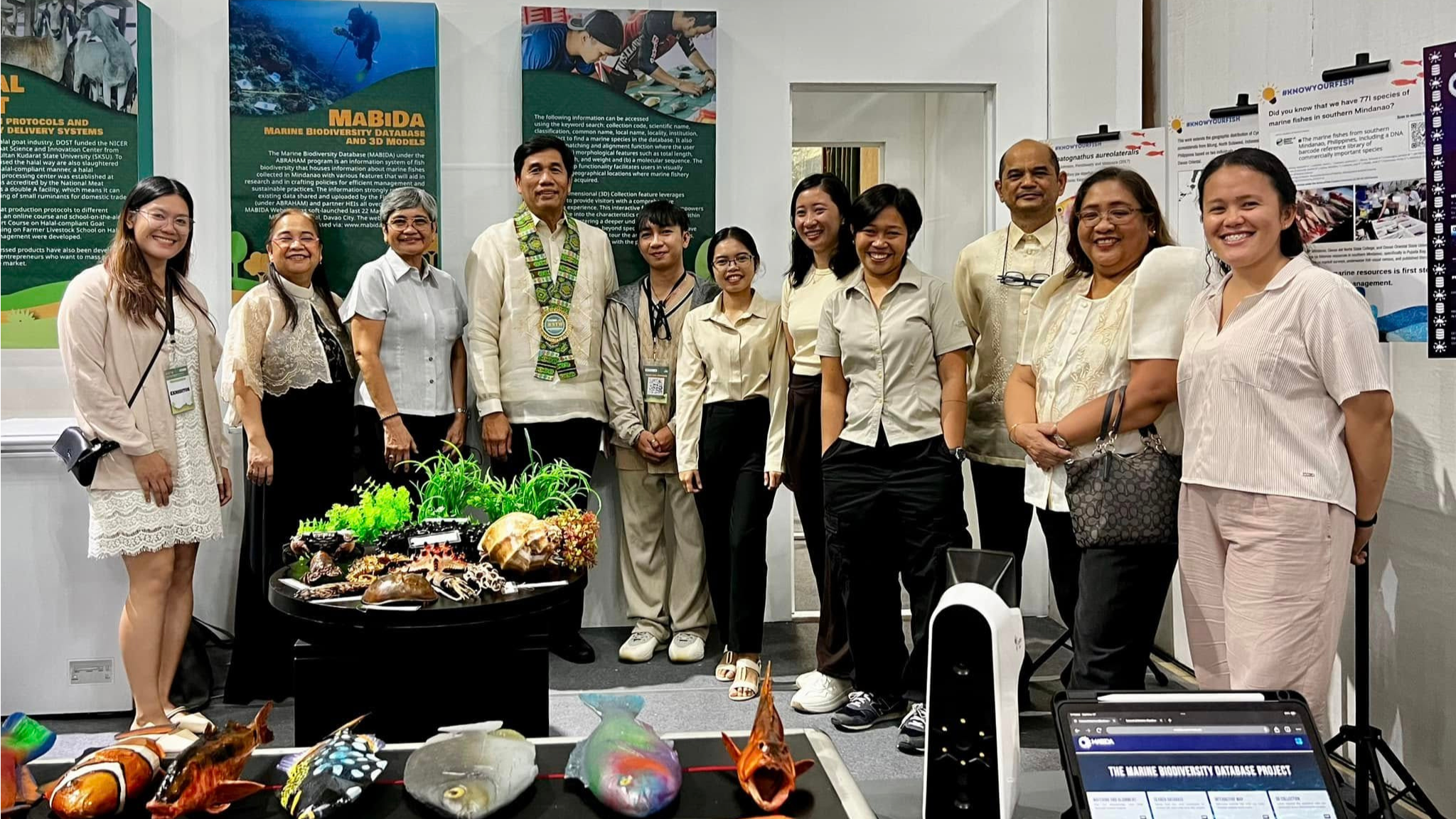
MABIDA Project Highlights Marine Biodiversity Database and 3D Technology at NSTW 2024
Written by Irene Faith Makinano
Uploaded on Dec. 1, 2024
CAGAYAN DE ORO CITY – The Marine Biodiversity Database (MABIDA) Project participated in the 2024 National Science, Technology, and Innovation Week (NSTW), held from November 27 to December 1 at The Atrium, Limketkai Center, Cagayan de Oro City. The event was centered around the main theme “Siyensya, Teknolohiya at Inobasyon: Kabalikat sa Matatag, Maginhawa, at Panatag na Kinabukasan” and the subtheme “Providing Solutions and Opening Opportunities in the Green Economy.”
Organized by the Department of Science and Technology, the NSTW served as a platform for showcasing innovations that focus on human well-being, wealth creation, wealth protection, and sustainability—the core themes of the science and technology exhibits.
Alongside the MABIDA Project, the FishDive Project was also present at the exhibit, contributing to the display of marine science and technology under the ABRAHAM Program. The MABIDA Project captivated audiences with its cutting-edge 3D scanning and printing technology, featuring lifelike 3D models of marine species. Visitors had the opportunity to experience 3D scanning firsthand, gaining a deeper understanding of the process and its applications in marine science. Additionally, visitors were introduced to the project’s comprehensive marine database, which catalogs the diverse marine flora and fauna of Mindanao. These innovations highlight the project’s commitment to advancing marine conservation and education while providing tools for the sustainable management of marine biodiversity.
Through its exhibit, the MABIDA Project demonstrated how science and technology can drive practical solutions for the green economy, in alignment with the NSTW’s goal of fostering resilience, sustainability, and a brighter future. The exhibit emphasized the transformative potential of marine science and technology, showcasing how these innovations could help tackle environmental challenges and promote sustainable practices in marine ecosystems.
